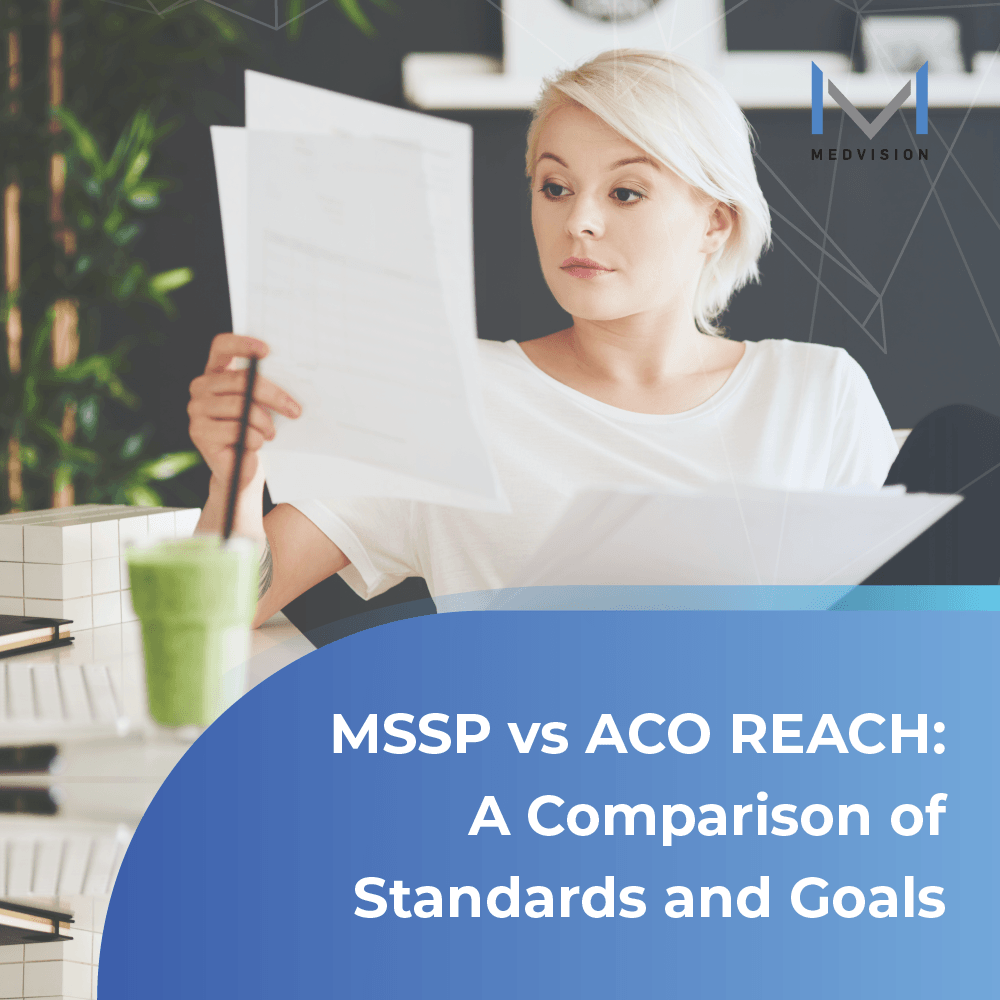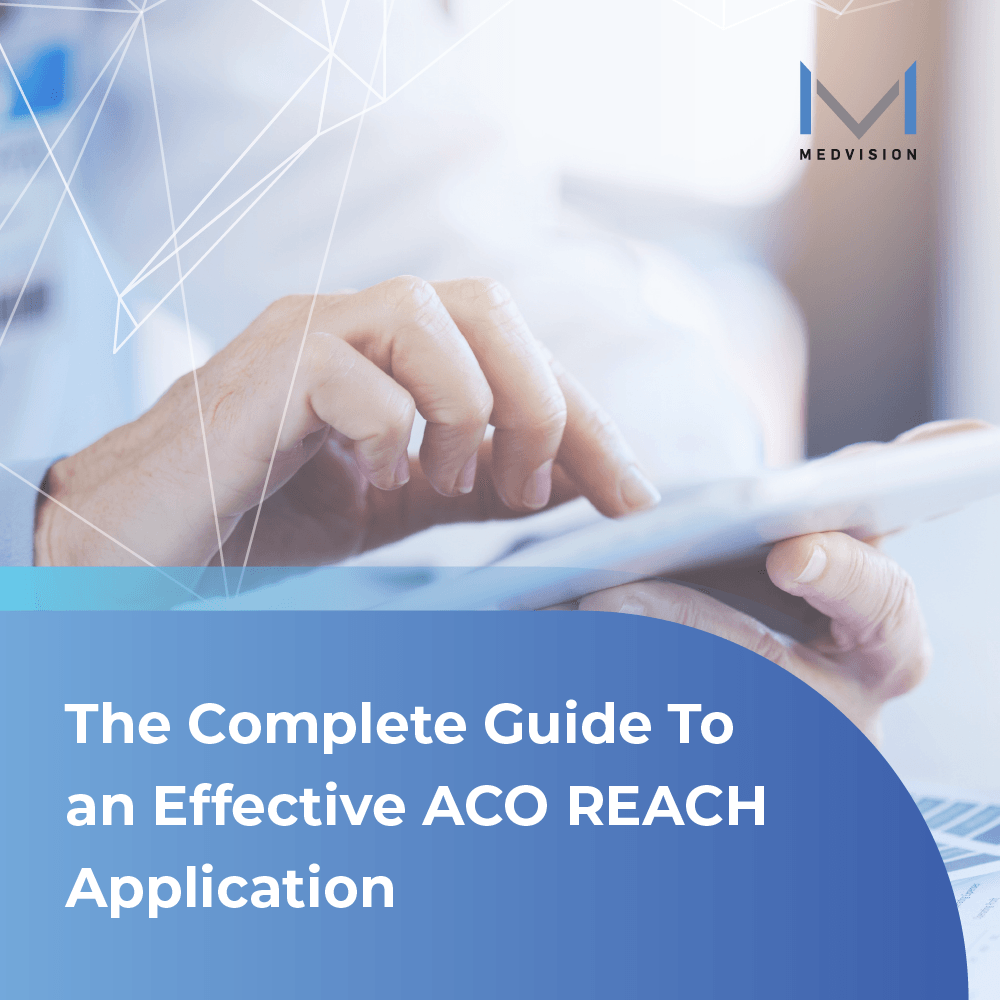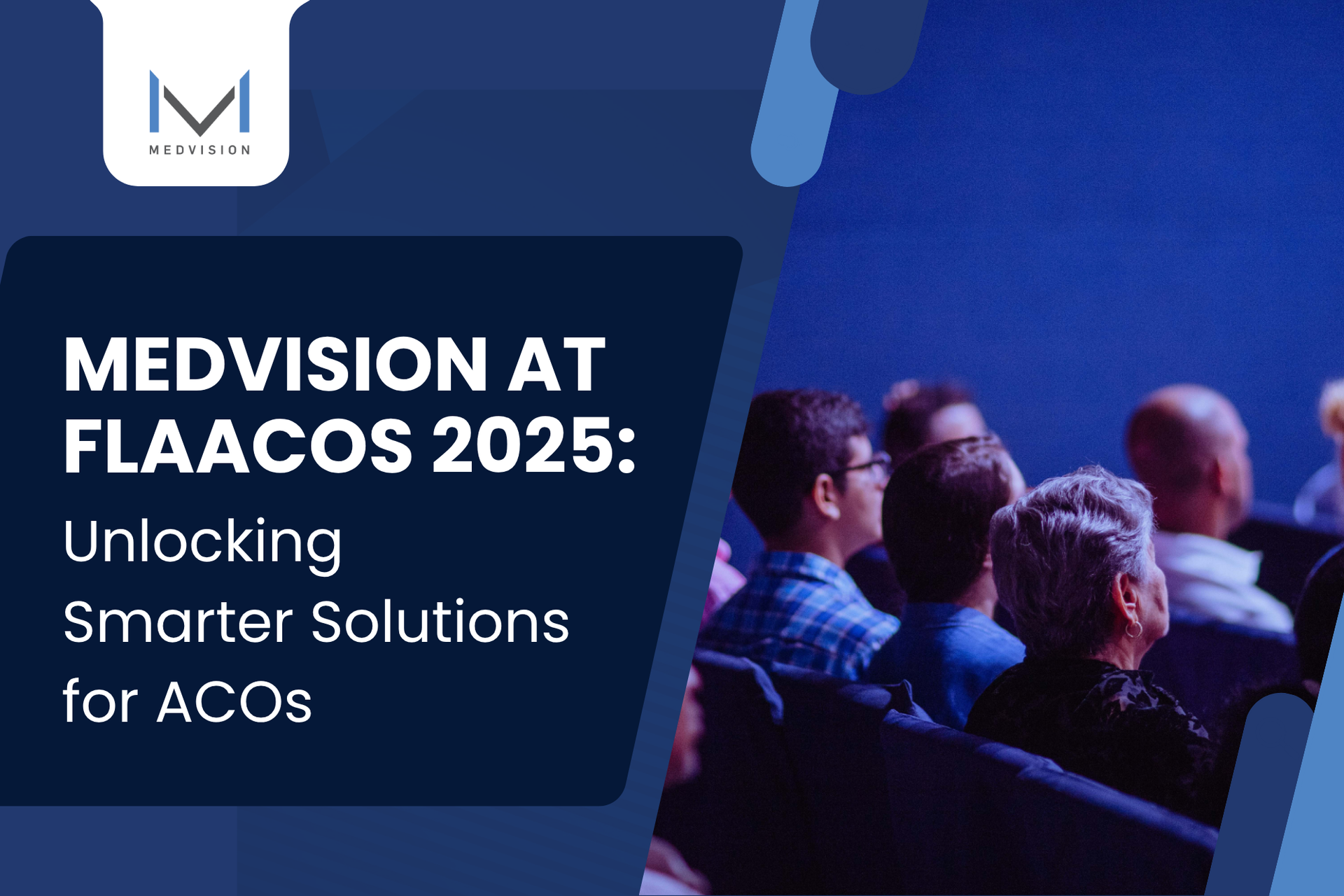Exploring the New Possibilities of Direct Contracting Entities
Direct contracting entities (DCEs) are the newest healthcare organizations to offer alternative payment models (APMs) for improved quality outcomes. As an enhanced program based on previous models, direct contracting intends to appeal to healthcare system groups.
Direct contracting is an evolution to value-based contracts since it allows providers to break away from traditional fee-for-service (FFS) arrangements. Under DCEs, provider practices can even more proactively care for patients correctly while ensuring greater financial stability for delivering appropriate patient care coordination and services.
The Start of the Direct Contracting Program
On April 1, 2021, the Center for Medicare and Medicaid Innovation (Innovation Center or CMMI) rolled out the names of 53 approved direct contracting entities to participate in the first Performance Year (PY2021) of the Global Professional Direct Contracting (GPDC) Model. At the same time, CMMI paused applications from interested organizations for 2022 GPDC Models.
The application break has some healthcare organizations in a state of indecision. Some healthcare groups like Next Generation Accountable Care Organizations (NGACOs) were expected to migrate into the direct contracting model at the end of their performance years at the end of 2021. Until CMMI issues more information on the basis of its decisions as well as the plans going forward, these selected healthcare organizations are faced with limited yet specified possibilities.

What are the Potential Implications for Value-Based Care?
The complexities involved in shifting volume-based delivery of care into value-based have given rise to many healthcare options and approaches. The temporary delay in accepting new DCE applications can be used productively. With different models and programs available, healthcare organizations and professionals can use the time to assess their current and future plans.
For Current Direct Contracting Entities
DCEs who got accepted for PY2021 are in a good position to maximize this model. The limited number of DCEs ensures that each organization has the capability of building an exceptionally strong healthcare network. By careful selection of high-performing providers, DCEs are in an extraordinary position to provide compelling value proposals for their preferred healthcare partners. Doing so creates impactful delivery of high value-based care that raises the bar for patient care outcomes and patient care satisfaction.
Current DCEs can make full use of this time to assess internal workflow issues to increase their productivity even further by incorporating new systems and modern healthcare solutions into their processes.
For Potential DCEs
Healthcare organizations who were unable to participate in the model can take this opportunity to focus on improving their plans. To anticipate the potential evolvement of higher-risk programs, they can incorporate alternative options such as moving to a Medicare Shared Savings (MSSP) program. Healthcare organizations can benefit by exploring programs that can still be executed under the MSSP model and run through simulated network operations to assess any potential risks.
Healthcare organizations can take advantage of the brief pause in DCE applications by studying the impact of applying strategic healthcare solutions to their healthcare flow. Utilizing this method allows healthcare organizations to
resolve unforeseen issues while allowing them flexible and alternative options for organizational restructuring.

Mitigating the Risks of Healthcare Organizations
CMMI has multiple APMs that offer great opportunities for many healthcare organizations. Healthcare organizations such as DCEs are vital to ensuring the move towards value-based care and care delivery to promote increased patient outcomes.
With the intricacies in healthcare operations such as case management, care coordination, and claims processing, many DCEs have challenges in streamlining their workflow processes. Process issues can cause unnecessary delays in the delivery of care which eventually results in lower patient outcomes.
Anticipating the needs of many direct contracting entities,
MedVision has been continuously smoothing out multiple healthcare workflow issues in care coordination through Direct Contracting Entity - Operating Software (DCE-OS). DCE-OS is an intuitive healthcare solution expertly designed to turn your DCE operational in 30 days or less by
simplifying complex healthcare processes like authorization processing, contracting, claims adjudication, and more.
Explore Related Blogs
Recently published articles
Keep in touch
Subscribe to get the latest update
Trending topics
Share your insights on social media
Upcoming events and company news















